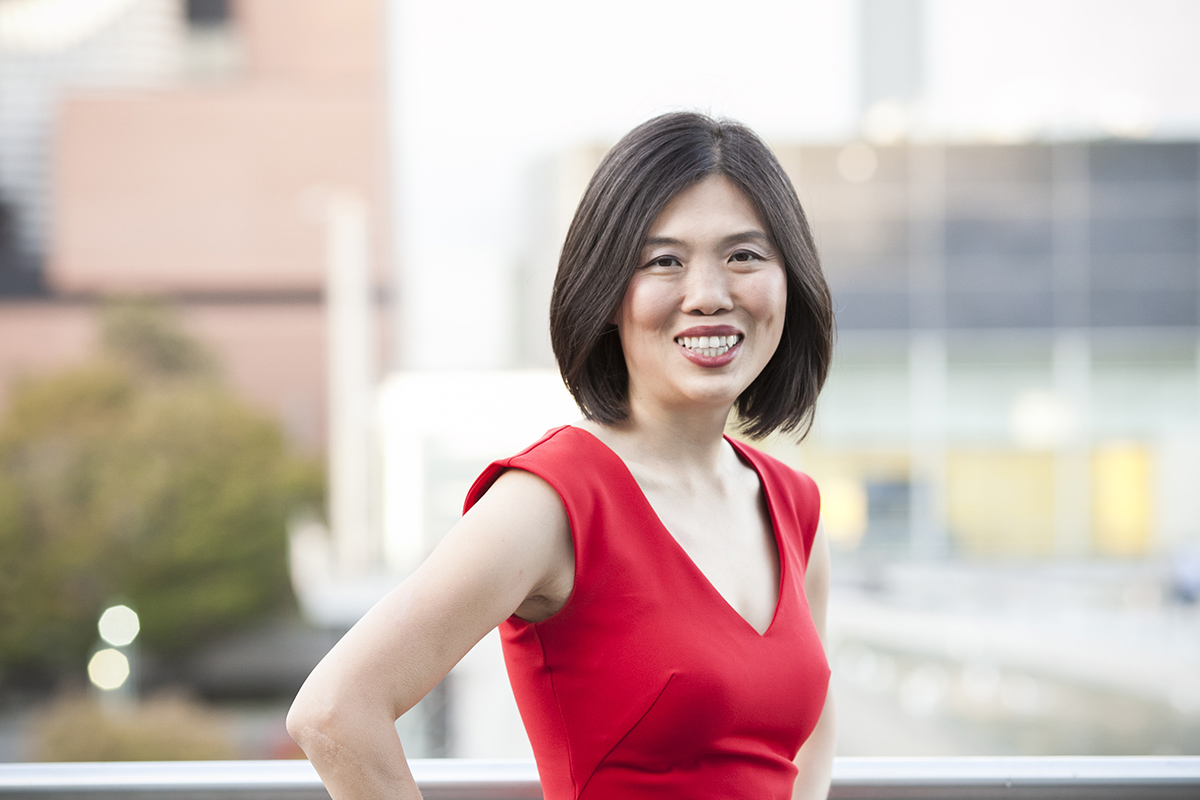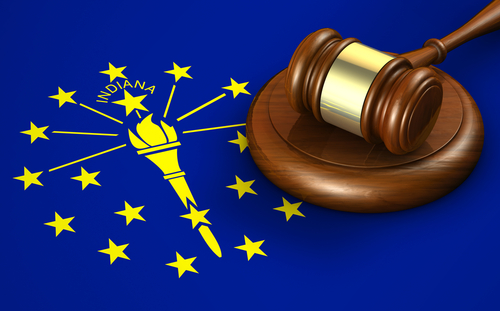Talking about the elephant in the room—social anxiety

Jeena Cho
The most isolating time of my career was when I was regularly having anxiety attacks.
As with most stress-induced issues, the symptoms were mild and benign at first. The occasional insomnia, headaches, tightness in the chest, constantly feeling on the edge. Over time, the symptoms grew louder.
I didn’t know it at the time, but I was going through burnout. Eventually, I found myself at Stanford School of Medicine’s Anxiety Disorders Clinic, where I was diagnosed with social anxiety disorder.
I remember when the therapist said the words: “You have social anxiety disorder,” I felt ashamed. What kind of lawyer has social anxiety disorder? It’s my job to be social, to interact with others, the voice of perfection harshly chided.
As I read the recent New York Times article “The Lawyer, the Addict,” I couldn’t help but to see myself in parts of his story: the story about a successful attorney at a prominent law firm based in Silicon Valley who died of a drug overdose.
I relate to the heavy, chronic stress. The competition; focus on compensation; obsession about the clients, their demands and the fear of losing them. I also relate to hating “the combative nature of the profession,” which is at odds with my own nature.
The part of the story that struck me as both heartbreaking and also symbolic representation of the problem is this:
“Quite a few of the lawyers attending the [funeral] service were bent over their phones, reading and tapping out emails.”
The attorneys so wired to work—all the time—that they can’t disconnect even at the funeral of their colleague.
I now spend a bulk of my time traveling across the country, teaching strategies for maintaining lawyer well-being. Much of what I am about to share—practices for avoiding burnout, finding work-life integration, maintaining well-being—are based on research on the neuroscience of mindfulness and meditation, positive psychology and cognitive behavioral therapy.
The lies we tell ourselves
My journey to recovery started with a 10-week intensive cognitive behavioral therapy session. In CBT, you learn to recognize “thinking errors” or cognitive distortions and work with distressing thoughts.
The thought that often triggered the overwhelming stress and anxiety is some variation of not enough: I am not smart enough. I am not making enough money. I don’t have enough clients. I’m not good enough. I need a better job. There was no end to the internal demand and desire for more.
Through CBT, I learned to pull apart the thoughts rather than blindly buying into it. For example, when I feel anxious about money, rather than suppressing the feeling or ignoring it, I take a gentle stance and look at it. With curiosity, I’ll ask: “How much money would be enough? If I earned less money, can I still get by?” I’ll also look at the facts. I am earning more now than ever before. I felt the same sense of “not enough” when I was earning $35,000 at my first job as an assistant state attorney.
Seeking help is not a sign of weakness. Another common lie we tell ourselves is that seeking help from a therapist is a sign of weakness, a failure or is “crazy.”
Seeing a therapist is to acknowledge that you are human and as humans, subject to human experiences. This includes a full set of emotions, feelings, and yes, sometimes, mental health issues.
It doesn’t make you weak. It doesn’t mean you’ve failed as a lawyer or are crazy. It doesn’t mean you should leave the profession. It simply makes you human.
If you were experiencing chest pain, you’d go see a doctor, right? Similarly, you should go see a therapist when life feels overwhelming or you’d simply like more (or better) tools in your toolbox.
Therapy has allowed me to see that the things I struggle with aren’t unique to me. It’s part of being human. It has given me tools for being a better communicator, a better problem-solver, and being better at managing difficult emotions and conflicts. It’s taught me to be gentler with myself and pay attention to my own well-being.
“I must sacrifice myself and my well-being for others.” Many lawyers practice what I call “martyrdom law”—that you should sacrifice everything, including time with your family, your health, your well-being, for the good of the clients.
It’s not that the lawyers don’t know what healthy activities are. We all know we should eat more fruits and vegetables, get more exercise, get more sleep, spend more time with loved ones and so on. Rather, the problem is that the lawyers feel guilty about engaging in these self-care activities.
Often, the lawyers feel it’s selfish to take an hour to go to a yoga class, read a novel or take a vacation.
Even though the words self-care and selfish sound similar, they are opposite in meaning. If I am being selfish, I am taking something away from you for my own gain or benefit. When I am practicing self-care, I am charging my own battery, fueling my own fuel tank so that I can be my best self. This allows me to be more available to others—including clients.
Is it really possible to completely neglect your own needs—not exercise, eat right, neglect your mental, emotional and spiritual well-being—and still be an excellent lawyer? If you were hiring, let’s say, a doctor, do you want the obese, chronically stressed, tired doctor coming off of his 48-hour shift, or do you want the doctor who’s well-adjusted and has a healthy work-life balance?
Have non-negotiable regular self-care practices
Start with a doable activity that you can easily fit into your schedule. Less is more. For me, it’s daily meditation and some type of movement—yoga, walking or gardening. Carving out time every day for meditation, to pause, to reflect, to observe my internal state has been incredibly useful in noticing when I’m experiencing stress and anxiety.
I’m stating the obvious, but we all need time to work, time to rest, time to play, time to be playful, time to spend with loved ones, and time to just be.
If you seriously think you should devote every minute of your day to your clients, remember, humans can only live for three days without water and three weeks without food. You do not owe anyone—this includes your clients and your job—the following: your health, your family, your sanity, your identity or your integrity.
Finally, remember: “Secure your own oxygen mask before assisting others.”
Updated on August 14 to indicate a direct quote from “The Lawyer, the Addict.”
Jeena Cho is a legal mindfulness strategist at Start Here HQ. She is the co-author of The Anxious Lawyer, a book written by lawyers for lawyers that makes mindfulness and meditation accessible and approachable.



